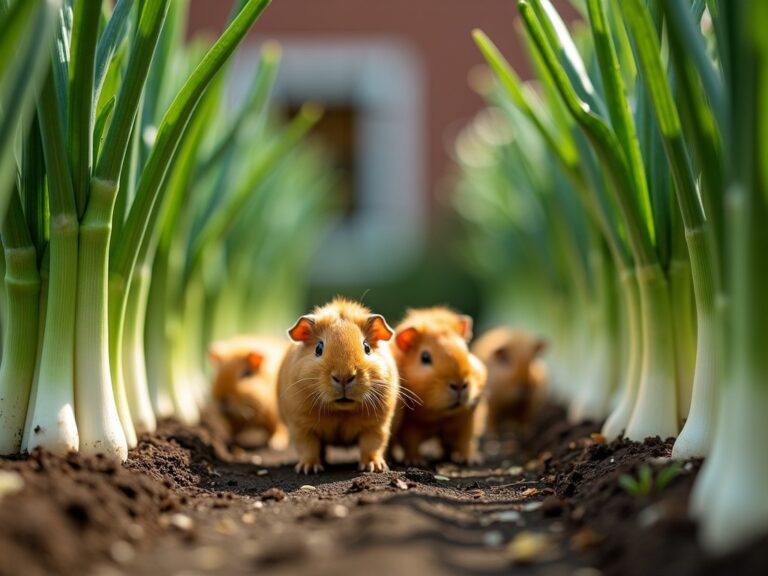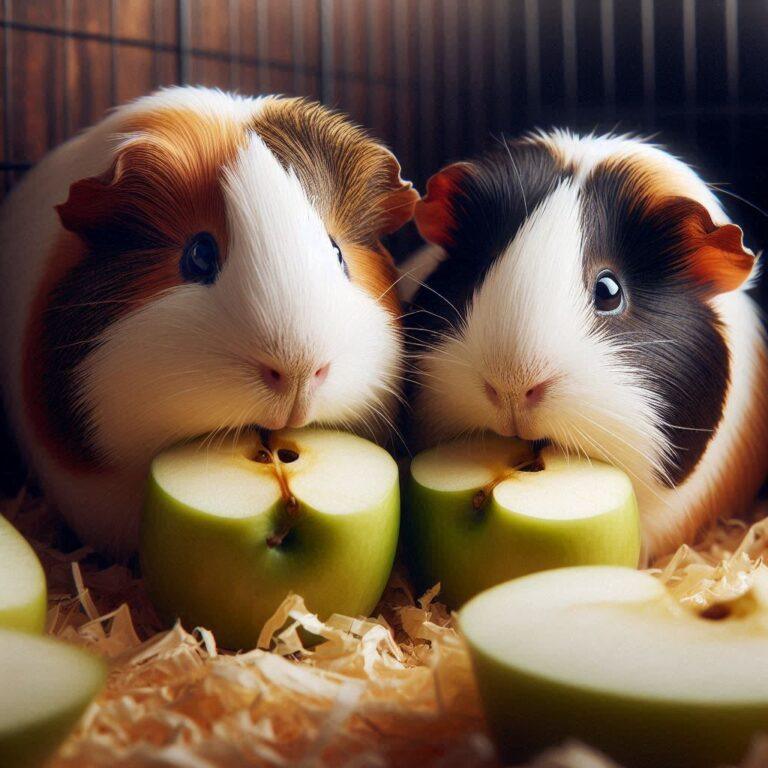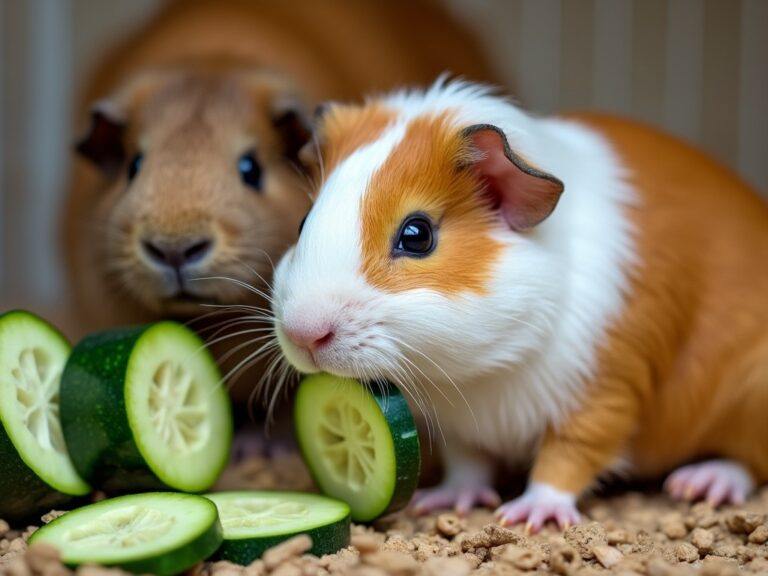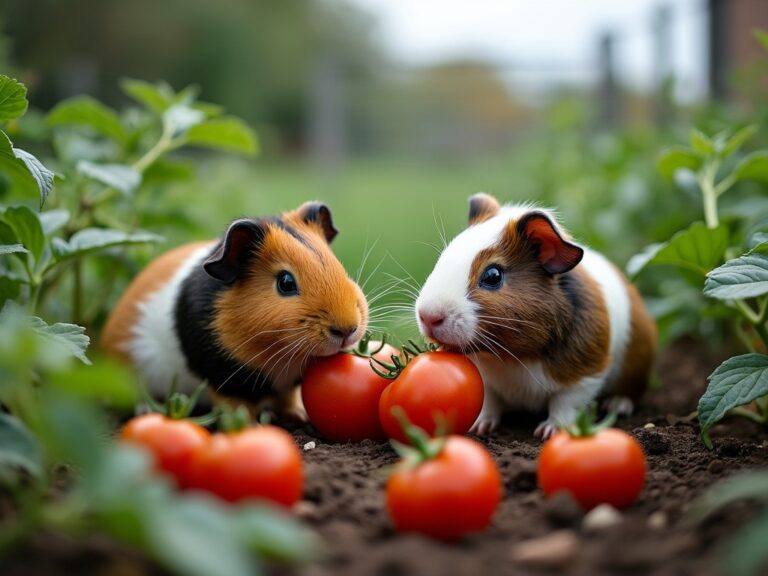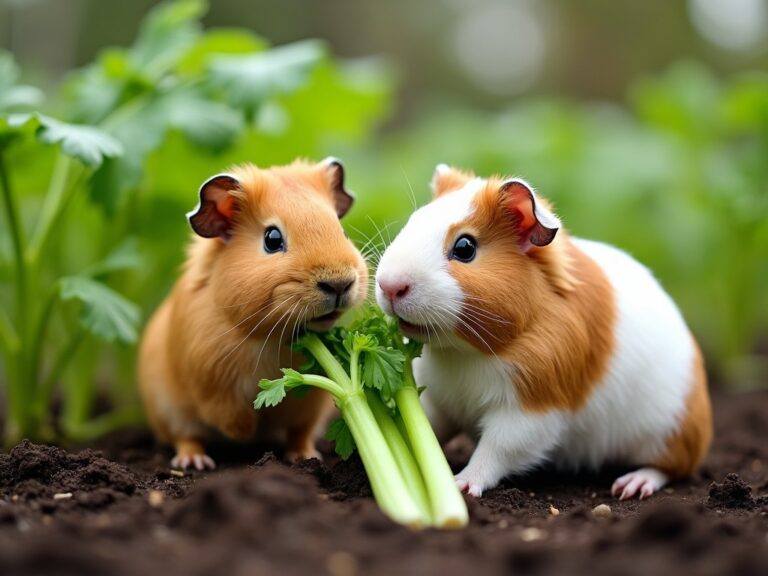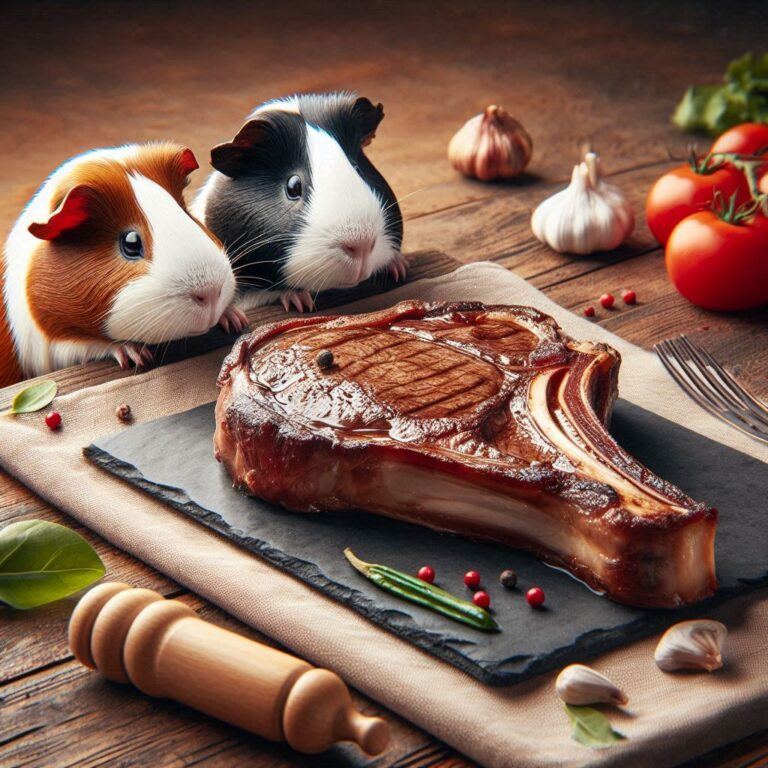Can Guinea Pigs Safely Eat Mushrooms
No, guinea pigs should not eat mushrooms. Mushrooms can be toxic, and it’s not worth the risk. While some mushrooms are safe for humans, the same can’t be said for guinea pigs. Their digestive systems are quite different, and certain fungi can wreak havoc on their health.
Mushrooms contain compounds that are potentially harmful to guinea pigs. Even edible mushrooms that we enjoy can pose a risk due to the guinea pigs’ sensitivity to these compounds.
It’s not just about what’s edible for us but what their small bodies can handle
Toxic compounds such as hydrazines or mycotoxins can be found in some mushrooms and are dangerous for guinea pigs.
These compounds can cause a range of health issues, from mild digestive upset to serious poisoning. Even minor exposure could be harmful in the long run.
Symptoms of mushroom poisoning include lethargy, diarrhea, loss of appetite, and abdominal pain.
If you ever suspect your pet has ingested mushrooms, seek veterinary help immediately. Quick action can sometimes make all the difference in your pet’s recovery.
In general, it’s best to stick to vegetables and fruits known to be safe for guinea pigs. There are plenty of nutritious and safe options like bell peppers, carrots, romaine lettuce and cucumbers.
Keeping their diet simple and free from risky foods is key to maintaining their health.
Understanding Guinea Pig Nutrition
Guinea pigs have specific dietary needs, and getting these right is essential for their well-being. Their diet should be rich in fiber and low in sugar and fats.
The bulk of their nutrition comes from hay, which aids digestion and keeps their teeth in check. High-quality guinea pig pellets can also provide essential nutrients.
Fresh vegetables are a cornerstone of a healthy guinea pig diet. Leafy greens like romaine lettuce, kale, and spinach are excellent choices.
These provide the necessary vitamins and minerals. Ensure the greens are clean and pesticide-free, as your guinea pig’s system is quite delicate.
Vitamin C is a critical nutrient for guinea pigs since they can’t produce it on their own. Lack of Vitamin C can lead to scurvy, a condition causing joint pain, lethargy, and dental issues.
Bell peppers, and strawberries, are good sources of Vitamin C.
If you’re looking for safe food alternatives to mushrooms, consider veggies like bell peppers and cucumbers.
They’re not only safe but also provide hydration. Fruits should be given in moderation due to their sugar content. Stick to fruits like apples and blueberries.
Balancing the diet to avoid any health issues is key. This includes steering clear of high-sugar foods, chocolates, and caffeinated items, which are harmful.
Remember, a well-planned diet supports their immune system and keeps them energetic.
Identifying and Avoiding Unsafe Foods for Guinea Pigs
Keeping your guinea pig safe means knowing which foods can be harmful. Many common foods are toxic to them and should be kept out of their reach. Always be cautious and double-check before introducing anything new to their diet.
Avoid feeding guinea pigs foods like onions, garlic, and chives. These can cause severe digestive issues and even damage their red blood cells.
Avocado, due to its high-fat content and persin compound, is another food to avoid as it can lead to serious health problems.
Also, stay away from seeds, nuts, and sugary treats. Such foods can be choking hazards and aren’t suitable for their digestive systems.
Sticking to fresh vegetables and fruits is the safest bet. Remember, variety is key, but safety comes first.
Recognizing the symptoms of food-related illnesses is crucial. If your guinea pig shows signs of lethargy, diarrhea, or loss of appetite, it might be a dietary issue.
At the first sign of trouble, consult your vet to ensure quick and proper action. Early intervention can prevent more serious health issues.
Set up a feeding schedule and stick to it to prevent any dietary mishaps. Regularly cleaning their food and water dishes helps avoid contamination. Always store their food properly to keep it fresh and safe.
Use resources like veterinary guides and reputable websites to ensure you offer the best care. Apps and food lists can be handy references to check the safety of any food.
Educating yourself and staying informed is the best way to keep your guinea pig healthy and happy.


